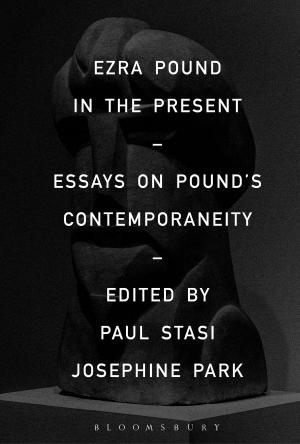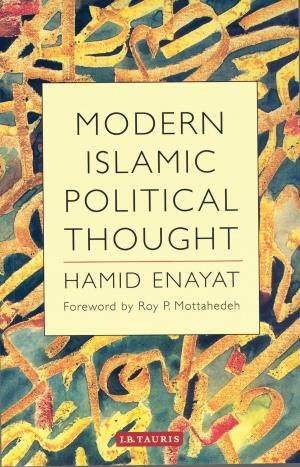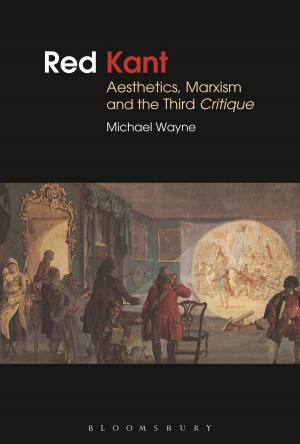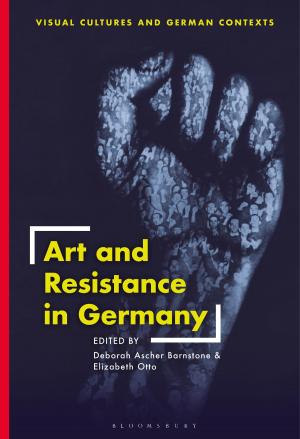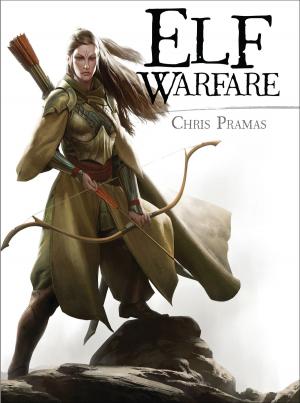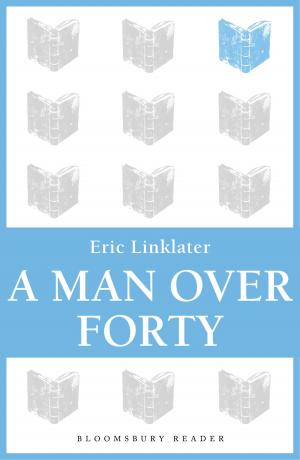| Author: | ISBN: | 9780567677075 | |
| Publisher: | Bloomsbury Publishing | Publication: | February 22, 2018 |
| Imprint: | T&T Clark | Language: | English |
| Author: | |
| ISBN: | 9780567677075 |
| Publisher: | Bloomsbury Publishing |
| Publication: | February 22, 2018 |
| Imprint: | T&T Clark |
| Language: | English |
Karl Barth's attitude toward the Jews, despite some admittedly unfortunate elements, still has much to commend it and the essays in this volume discuss this matter. The contributors examine numerous topics: the extent to which Barth compares favorably with recent post-Holocaust theologies, Barth's position on the Jews during the Third Reich, his critique of the German-Christian Völkish church on ethical grounds. The discussion tackles Barth dialectical “Yes” to Israel's christological “No”, it unpacks his ground-breaking exegesis of Rom. 9-11; as well as examines Barth's rejection of the 1933 Aryan Law that formed the basis for excluding baptized Jews from Christian communities during the Third Reich. The essays also examine Barth's later worries about Nostra Aetate, Vatican II's landmark “Declaration on the Relation of the Church to Non-christian Religions”. This is followed by an in-depth explanation how Barth's theology differentiated the question of religious pluralism from church's relationship with Judaism.
This inspiring volume concludes by taking up the neglected question of Barth's place in modern European history.
Karl Barth's attitude toward the Jews, despite some admittedly unfortunate elements, still has much to commend it and the essays in this volume discuss this matter. The contributors examine numerous topics: the extent to which Barth compares favorably with recent post-Holocaust theologies, Barth's position on the Jews during the Third Reich, his critique of the German-Christian Völkish church on ethical grounds. The discussion tackles Barth dialectical “Yes” to Israel's christological “No”, it unpacks his ground-breaking exegesis of Rom. 9-11; as well as examines Barth's rejection of the 1933 Aryan Law that formed the basis for excluding baptized Jews from Christian communities during the Third Reich. The essays also examine Barth's later worries about Nostra Aetate, Vatican II's landmark “Declaration on the Relation of the Church to Non-christian Religions”. This is followed by an in-depth explanation how Barth's theology differentiated the question of religious pluralism from church's relationship with Judaism.
This inspiring volume concludes by taking up the neglected question of Barth's place in modern European history.



